Choices
A few weeks ago on our blog we highlighted Forum, one of the three pillars that The Peak School stands on. This post, I am featuring another one of those pillars: Choices. Choices is one of my absolute favorite parts of this school, and was something entirely new to me before I came to Peak. Choices is a way for students who are having conflicts to get together to discuss challenges they may have with a student, a teacher or even themselves. The purpose is to have community support and (eventually) get to the root of what might be causing the challenge. Before there is a Choices meeting, a student/teacher must first have a conversation with the person they are having a challenge with. If problems still occur prior to the initial conversation, then they are free to hold a Choices meeting about it. I had the pleasure to sit in on a Choices meeting and what I had observed was impressive. What really had me shocked was that Choices meetings are all student run. There is a student facilitator who runs the meeting and help raise questions to get to the root of the problem. Usually the facilitator is an upper school student. Next, a panel of four students (2 Middle School, 2 Upper School) observe the conversation and weigh in at the end to ask questions and do their best to understand all sides of the story. Collectively, all students involved in the meeting are able to suggest potential outcomes. Once both the bringer and the brought state where they are coming from on the issue and appear to be at the base of the problem, those students are asked to leave the room while the facilitators and panel come together to decide the outcomes to the situation. Then they are brought back in the room to agree on the terms that have been decided for them.
My take-away from sitting in on a Choices meeting was that these students are learning valuable life skills from this and growing from their conflicts. They’re learning that if they have a problem with someone that the best way to reach a solution is to confront it and have a conversation about it; that’s what Choices is. Choices is not a punishment or should not be looked at in a negative way. It is a healthy, mature solution that helps get to the root of a problem by simply having a conversation about it with the person directly involved.
After observing a Choices meeting, I have adopted some of those strategies in my own life. I tell everyone about Choices and how important a justice system like this is for students. But not just students; anyone can learn something from meetings like Choices. This is just another way The Peak School prepares it’s students for life ahead.
-Brett Burns
